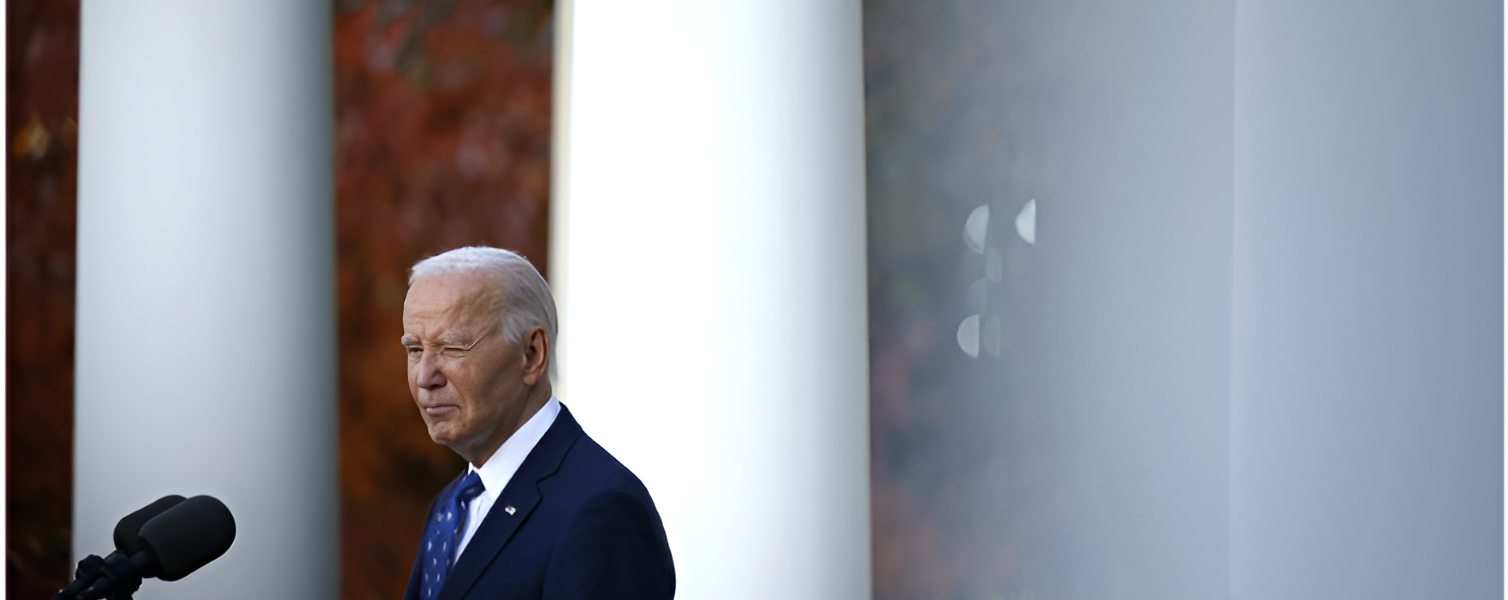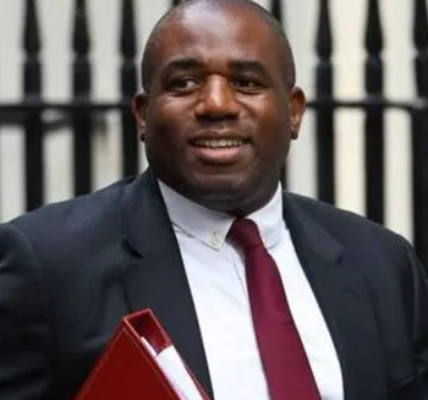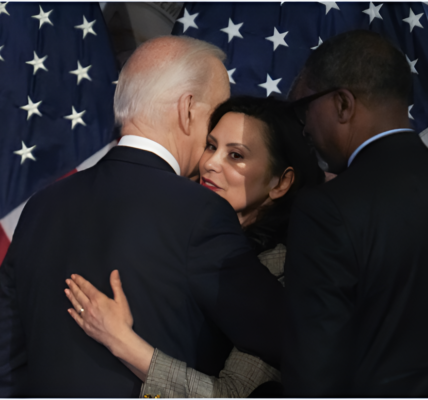
As Donald Trump’s potential return to the White House looms, President Joe Biden’s senior aides are reportedly engaged in intense deliberations over whether to issue preemptive pardons to a range of current and former public officials who could face political retribution. According to sources familiar with the discussions, the move is driven by concerns that Trump and his allies could launch legal and political attacks on figures who have been critical of him.
The debate has taken on new urgency following Trump’s recent announcement of Kash Patel as the new head of the FBI, a move that signals his intent to target perceived adversaries. Patel, a vocal Trump loyalist, has previously pledged to pursue critics of the former president, intensifying the alarm within the Biden administration.
The pardons under consideration span a diverse group of individuals, including members of Congress’ January 6 Committee, such as Sen.-elect Adam Schiff (D-Calif.) and former Rep. Liz Cheney (R-Wyo.), both of whom have been singled out by Trump for their roles in investigating the Capitol insurrection. Trump has publicly called for Cheney and others on the committee to face legal consequences, branding them as part of the “Unselect Committee.” Also mentioned for potential clemency is Anthony Fauci, the former head of the National Institute of Allergy and Infectious Diseases, who became a polarizing figure during the COVID-19 pandemic.
Internal Debate in the White House
The discussions, spearheaded by White House counsel Ed Siskel, include Chief of Staff Jeff Zients and other senior aides, though President Biden himself has not yet weighed in. Officials are grappling with the unprecedented nature of granting blanket pardons to individuals who have not been charged with crimes—a move that risks both political backlash and rejection by the intended recipients.
“The beneficiaries know nothing,” said one well-connected Democrat, emphasizing that those under consideration for clemency have not requested such measures. The deliberations underscore the heightened anxiety among Democrats about the extent of Trump’s potential reprisals, should he regain power.
Historical Precedents and Political Pressures
The idea of preemptive pardons is not without precedent. Some Democrats have drawn comparisons to President Gerald Ford’s controversial decision to pardon Richard Nixon, which Ford argued was necessary to help the nation heal. Others cite President George H.W. Bush’s pardon of officials involved in the Iran-Contra affair or Bill Clinton’s clemency for financier Marc Rich.
However, the current circumstances present unique challenges. Trump’s openly vengeful rhetoric and his allies’ promises of retribution have heightened fears of a political purge. “If it’s clear by January 19 that [revenge] is his intention, then I would recommend to President Biden that he provide those preemptive pardons,” said Sen. Ed Markey (D-Mass.) in a recent interview.
Some Democrats on Capitol Hill, including Rep. Brendan Boyle (D-Penn.), have issued urgent appeals for Biden to act, warning of the financial and legal burdens that potential investigations could impose on individuals targeted by Trump. “This is no hypothetical threat,” Boyle said in a statement. “The time for cautious restraint is over.”
Resistance and Public Perception
Not all Democrats are on board with the idea. Adam Schiff, for instance, has publicly expressed reservations, calling the prospect “defensive and unnecessary.” Others, like Liz Cheney and Anthony Fauci, have declined to comment, leaving observers to speculate whether they might quietly welcome legal protection despite public reticence.
Critics argue that preemptive pardons could create the appearance of impropriety, potentially validating Trump’s accusations of corruption. Moreover, some worry that offering pardons to high-profile officials while everyday Americans remain incarcerated for lesser offenses would deepen perceptions of inequality within the justice system. House Democratic Leader Hakeem Jeffries (D-N.Y.) recently called on Biden to extend clemency to working-class individuals convicted of nonviolent crimes, citing the president’s pardon of his own son, Hunter Biden, as a benchmark for fairness.
A Tense Political Crossroads
The White House’s internal debates reflect the unprecedented political landscape Biden faces as his presidency nears its end. Balancing the need to shield public officials from potential abuse of power with the risk of appearing politically motivated presents a thorny dilemma.
For Biden, the stakes are extraordinarily high. The decision to issue preemptive pardons could define his final weeks in office, shaping his legacy while potentially safeguarding key figures from a new era of partisan vendettas. As one senior Democrat put it, “This isn’t just about protecting people. It’s about protecting the rule of law in a time when it’s under siege.”





